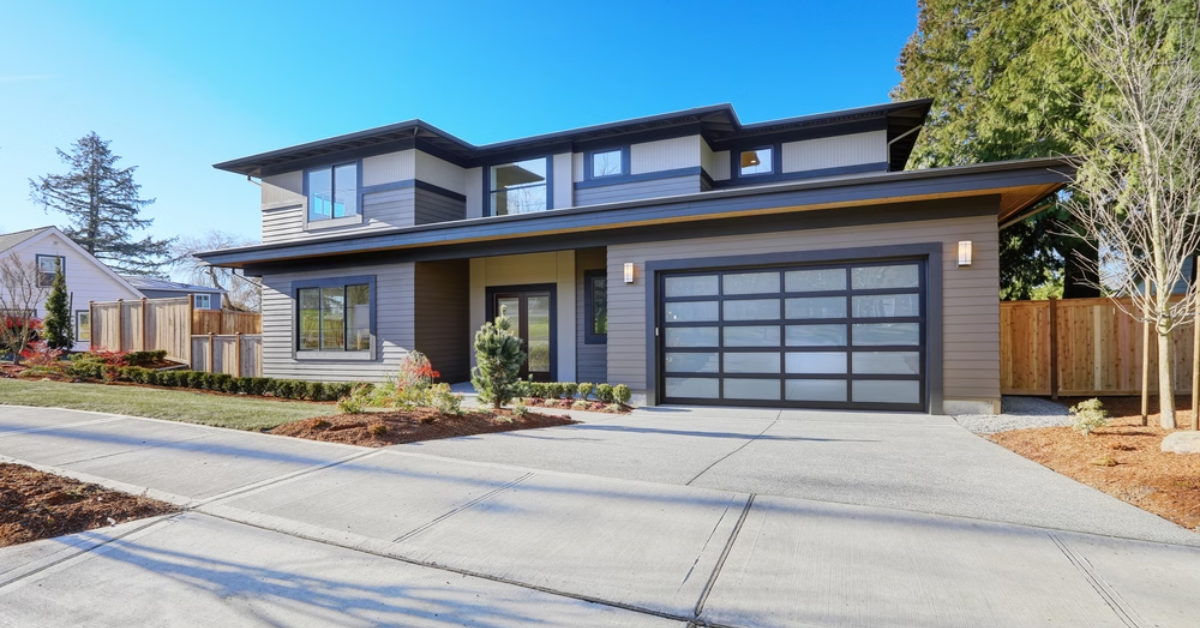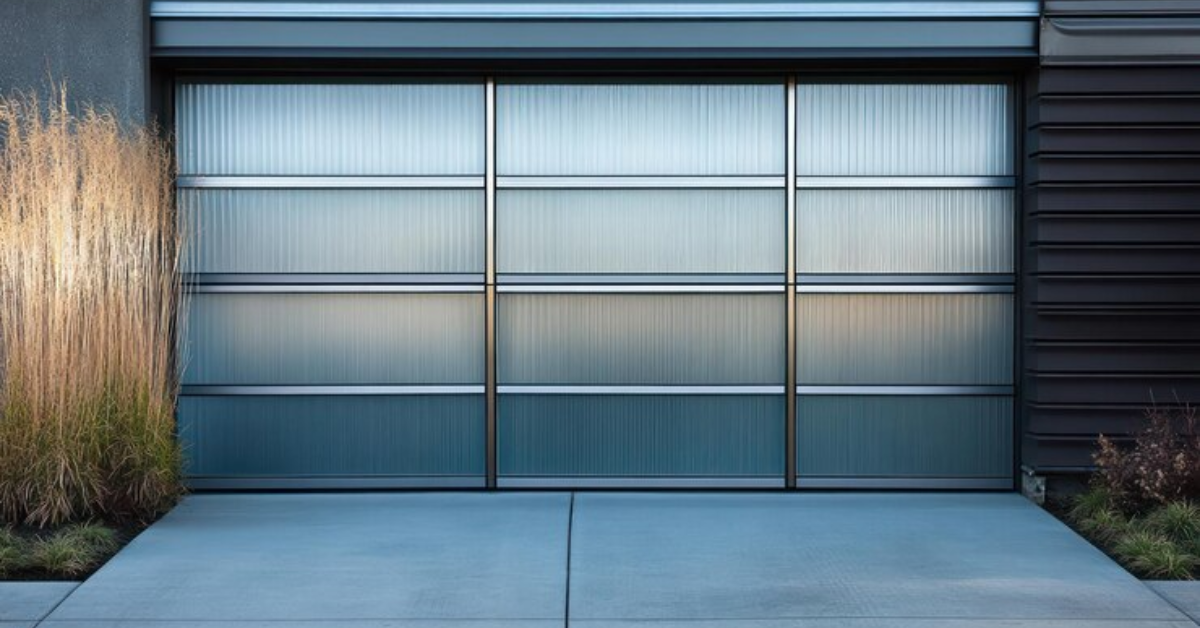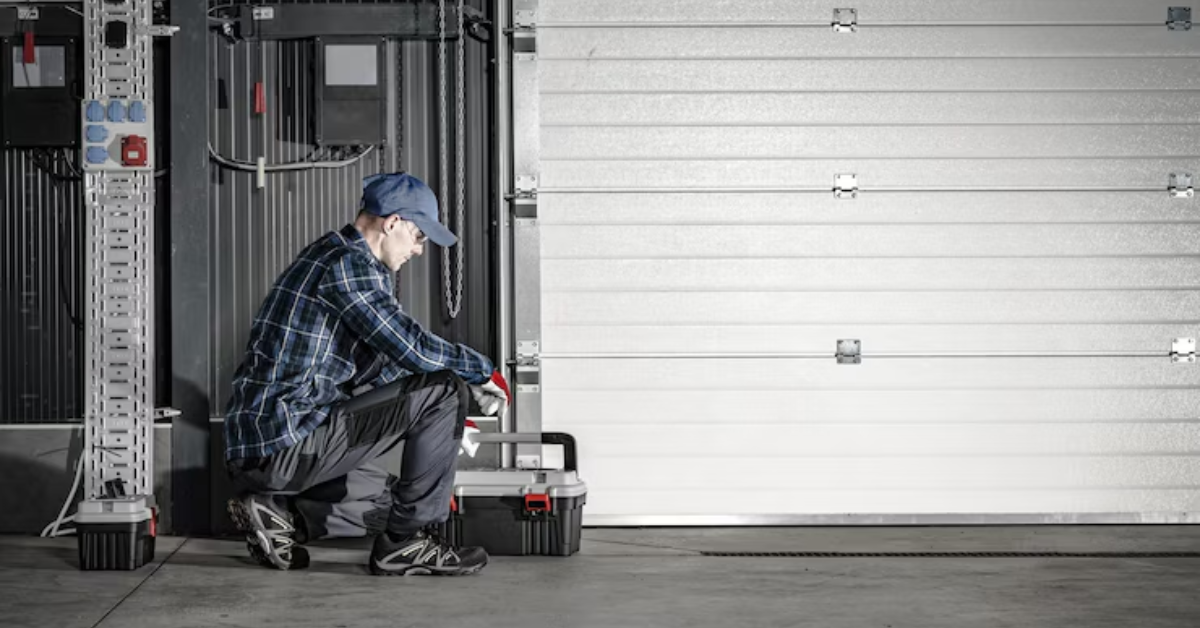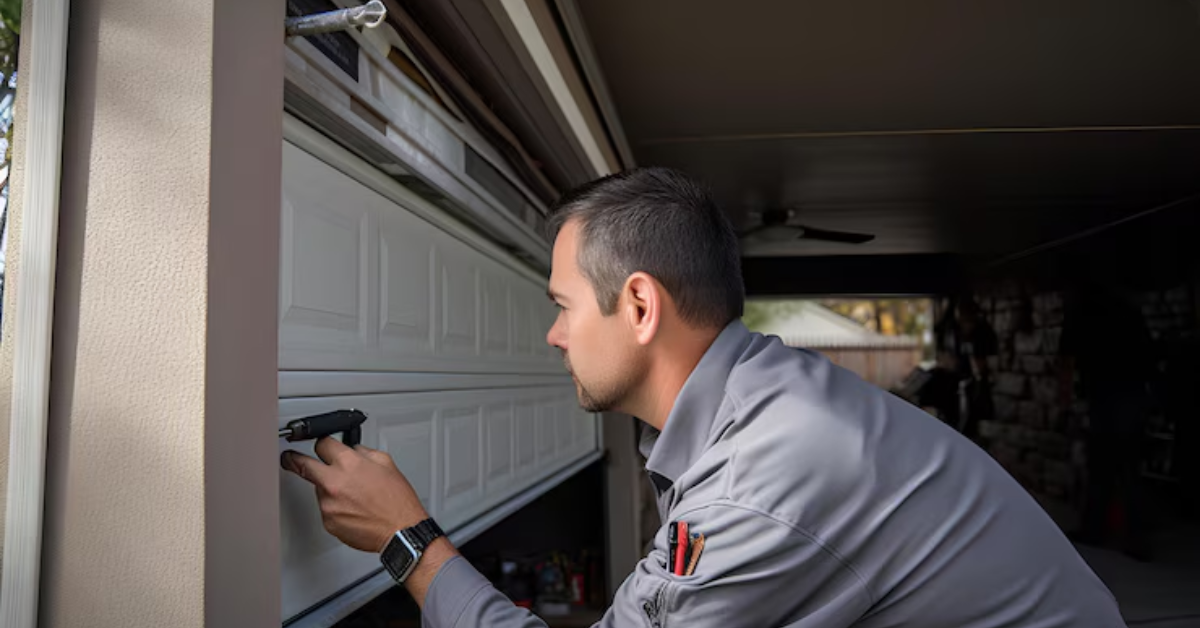Are Glass Garage Doors Insulated?
Glass garage doors have gained immense popularity in recent years, becoming a top choice for homeowners seeking a modern and stylish upgrade for their garages. These doors, known for their sleek appearance and ability to enhance curb appeal, offer a unique blend of functionality and aesthetics. However, one of the most common questions potential buyers ask is: "Are glass garage doors insulated?"
Glass garage doors are typically constructed with multiple panels of tempered glass, framed by materials such as aluminum or steel. These doors can be customized with various types of glass, ranging from clear to frosted, to control privacy and light infiltration. The main appeal of glass garage doors lies in their ability to transform a mundane garage into a bright and visually appealing space, making them an attractive option for modern homes.
The question of
insulation is crucial for homeowners considering glass garage doors, especially in regions with extreme temperatures. While traditional garage doors can be filled with insulating materials, glass panels present a unique challenge. Insulated glass garage doors use double or triple-pane glass with inert gas fillings like argon or krypton to improve thermal efficiency. Despite these advancements, the insulation properties of glass garage doors generally do not match those of traditional insulated steel doors.
What is Garage Door Insulation?
Garage door insulation is a crucial component that helps maintain the temperature inside your garage, reducing the amount of heat lost in the winter and heat gained in the summer. Insulation works by slowing down the transfer of heat, which is measured by the R-value. The higher the R-value, the better the insulation's effectiveness in reducing heat flow. Traditional garage doors can be insulated with materials like polystyrene or polyurethane, which are placed between layers of steel or aluminum to provide thermal resistance and improve energy efficiency.
Why Insulation Matters?
Insulation matters for several reasons:
- Properly insulated garage doors can significantly reduce energy costs by maintaining a stable temperature inside the garage, thereby reducing the load on heating and cooling systems.
- An insulated garage door makes the garage more comfortable to work in, whether you're using the space for storage, as a workshop, or as an additional living area.
- Insulated doors can help reduce noise from outside, making your garage a quieter space.
- Insulated garage doors are often more robust and durable because the additional layers provide extra strength.
Are Glass Garage Doors Insulated?
Glass garage doors can be insulated, although the methods differ from traditional doors. Here are the types of insulation used in glass garage doors:
- Double Pane Glass: This involves two layers of glass with an air or gas-filled space in between. The air or gas acts as an insulator, reducing heat transfer.
- Triple Pane Glass: Similar to double pane but with three layers of glass, providing even better insulation.
- Low-E Coatings: Low-emissivity coatings on the glass can help reflect heat back into the garage, further enhancing insulation.
- Gas Fillings: Inert gases like argon or krypton are used between panes of glass to improve thermal performance. These gases are more effective insulators than regular air.
Benefits of Insulated Glass Garage Doors
Insulated glass garage doors offer several benefits:
Energy Savings: By reducing heat transfer, insulated glass garage doors can lower energy costs. They help keep the garage
warmer in the winter and cooler in the summer.
Enhanced Comfort:
The improved thermal performance makes the garage a more comfortable environment, suitable for various activities beyond just parking a car.
Increased Durability:
The added layers of glass and
insulation materials enhance the door's overall durability and strength.
Aesthetic Appeal: Insulated glass garage doors maintain their sleek, modern look while providing practical thermal benefits. They allow natural light to enter, creating a bright and inviting space.
Noise Reduction:
The insulation can also help reduce noise from outside, making the garage quieter.
While glass garage doors can be insulated, their insulation properties typically do not match those of traditional insulated steel doors. However, with options like double and triple-pane glass, Low-E coatings, and inert gas fillings, insulated glass garage doors can still offer significant benefits in terms of energy efficiency, comfort, and durability. By understanding these options, homeowners can make informed decisions that balance aesthetics with practical considerations.
R-Value and Its Importance
R-Value is a measure of thermal resistance used in the building and construction industry to evaluate the effectiveness of insulation materials in resisting heat flow. The higher the R-Value, the better the material insulates against heat loss in the winter and heat gain in the summer. In essence, R-Value quantifies how well an insulation material can maintain a stable internal temperature by slowing down the transfer of heat. This metric is critical for ensuring energy efficiency in buildings, including garages
R-Values in Insulated Glass Garage Doors
Insulated glass garage doors use various methods to improve their R-Value:
Double Pane Glass: Typically offers an R-Value around 2.0 when filled with air and can reach higher values when filled with argon gas.
Triple Pane Glass: Provides even better insulation, with R-Values ranging up to 7.0 when using argon or krypton gas fillings..
Low-E Coatings: These coatings can further enhance the thermal performance of glass by reflecting infrared radiation, thus increasing the overall R-Value of the door.
The R-Value of an insulated glass garage door depends on the type of glass used, the number of panes, and whether any gases or coatings are present. Generally, insulated glass garage doors have lower R-Values compared to traditional insulated steel doors but offer a good balance between aesthetics and energy efficiency.
Types of Insulated Glass for Garage Doors
- Single Pane Glass: Offers minimal insulation with an R-Value of around 1.0. It is not suitable for regions with extreme temperatures due to its poor thermal performance.
- Double Pane Glass: Consists of two layers of glass with an air or gas-filled space between them. This configuration typically offers an R-Value of about 2.0 to 4.0, providing better insulation and energy efficiency than single-pane glass.
- Triple Pane Glass: Comprises three layers of glass, significantly improving insulation. The R-Value can range from 5.0 to 7.0, depending on the type of gas fill and coatings used. Triple pane glass is ideal for extremely cold or hot climates due to its superior thermal performance.
Argon and Krypton Gas Fillings
Argon Gas: Argon is a common filling between glass panes that enhances insulation by reducing thermal conductivity. It is colorless, odorless, and non-toxic, making it a safe and effective insulator. Argon-filled double-pane glass can achieve R-Values up to 4.0.
Krypton Gas:
Krypton provides even better insulation than argon due to its higher density. It is often used in triple-pane glass configurations, achieving R-Values up to 7.0. Krypton is more expensive than argon, but its superior thermal performance makes it worthwhile for maximum energy efficiency.
Low-E Coatings
Low-emissivity (Low-E) coatings are applied to glass surfaces to reflect infrared radiation, reducing heat transfer and improving energy efficiency. These coatings help maintain indoor temperatures by reflecting heat back into the garage during winter and blocking heat from entering during summer. Low-E coatings can significantly boost the R-Value of insulated glass, making them a popular choice for energy-efficient garage doors.
Cost and Installation Considerations
The cost of insulated glass garage doors varies widely, typically ranging from $1,500 to $8,000 or more, depending on factors like size, materials, and insulation quality. Basic models start at around $1,500, while high-end options with triple-pane glass and advanced Low-E coatings can exceed $5,000. Installation costs also vary, generally between $200 and $1,000, influenced by the door's complexity, weight, and any additional customization needed. Proper installation is crucial to ensure optimal insulation and longevity, making professional installation a worthwhile investment.
Conclusion
While glass garage doors can be insulated, their insulation effectiveness varies. Options like double or triple-pane glass, Low-E coatings, and gas fillings such as argon or krypton can significantly improve thermal performance, but they generally do not match the insulation levels of traditional insulated doors. Despite this, insulated glass garage doors offer notable benefits in terms of energy efficiency, noise reduction, and aesthetic appeal, making them a valuable addition for many homeowners.




